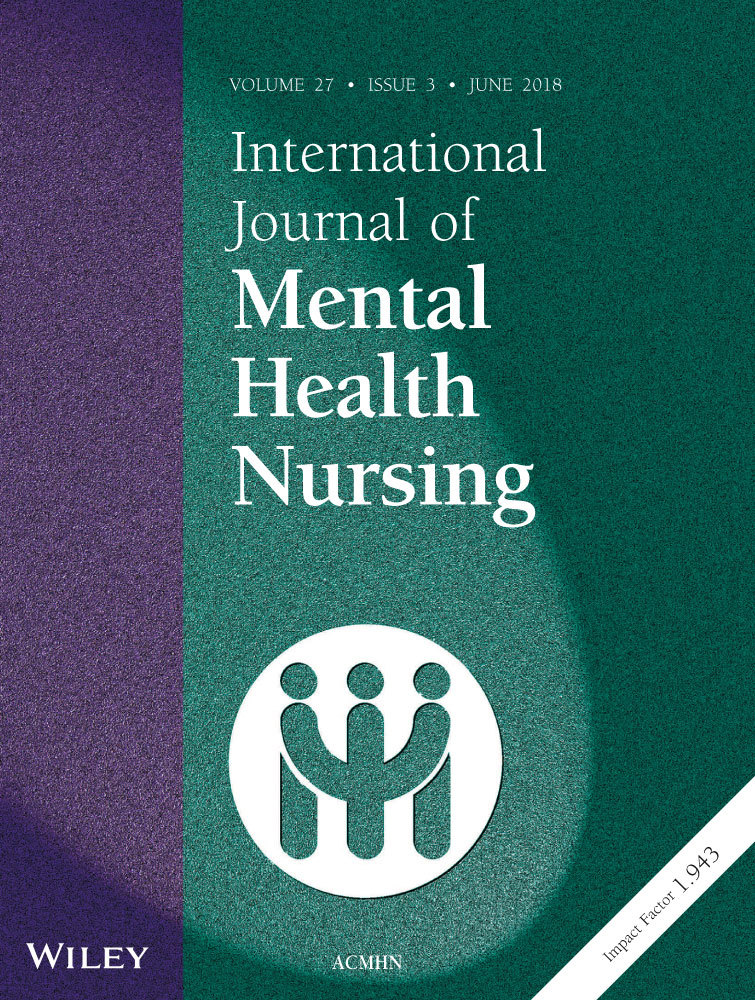Lip service: Public mental health services and the care of Aboriginal and Torres Strait Islander peoples
Abstract
The failure of public mental services in Australia to provide care deemed culturally safe for Aboriginal and Torres Strait Islander people has persisted despite several national reports and policies that have attempted to promote positive service change. Nurses represent the largest professional group practising within these services. This article reports on a multisited ethnography of mental health nursing practice as it relates to this group of mental health service users. It explores the beliefs and ideas that nurses identified about public mental health services and the services they provided to Aboriginal and Torres Strait Islander people. During the fieldwork, mental health nurses described the constricting effect of the biomedical paradigm of mental illness on their abilities to provide authentic holistic care focused on social and emotional well-being. Despite being the most numerous professional group in mental health services, the speciality of mental health nursing appears unable to change this situation and in many cases maintain this status quo to the potential detriment of their Aboriginal and Torres Strait Islander service users.




